Ecuador cuts Assange's communications from London embassy
Ecuador has announced that Julian Assange will no longer be able to communicate to the outside world from the country’s embassy in London, where the Wikileaks founder has been taking refuge for the past six years.
An Ecuadorian government statement said on Wednesday that Assange’s communications to the outside of the embassy would be cut to stop him from interfering in the affairs of other countries.
“The measure was adopted due to Assange not complying with a written promise which he made with the government in late 2017, by which he was obliged not to send messages which entailed interference in relation to other states,” read the statement.
The decision comes two days after Assange took to his Twitter page and questioned London’s narrative that Russia was involved in poisoning with a nerve agent of a former spy in the southern English town of Salisbury on March 4, an incident that has badly affected ties between Russia and the West.
Assange, an Australian whistleblower hated by some Western governments for his publications of sensitive leaks, has been holed up in the Ecuadorian embassy in London since 2012. He has rejected to turn himself in to face charges of sexual harassment in Sweden, saying authorities would finally extradite him to the US where he would be prosecuted for the leaks.
Both Britain and Sweden have refused to endorse a ruling by the United Nations Working Group on Arbitrary Detention's (WGAD) in 2015 which has designated Assange's detention as arbitrary.
Assange’s last communication on the internet came on Tuesday when he responded to an insulting comment by a member of the British House of Commons.
In various statements on Wednesday, activists and dignitaries across Europe called on his supporters to rally outside the embassy in London to force authorities to restore his internet connection.
VIDEO | Palestine Action keeps winning
Gaza a ‘crucible of suffering’ for civilians: Irish president
Israeli forces kill Palestinian man in raid on occupied West Bank village
Hind Rajab Foundation names Israeli war criminals vacationing after Gaza genocide
'This is cruelty, not war,' Pope Francis slams Israel's brutality against Gaza children
IRGC intelligence forces bust Takfiri terrorist team in western Iran
Syria’s de facto new ruler names Asaad al-Shibani as foreign minister
How 8-year-old Lebanese child Fawaz nixed Ben Gurion’s 76-year-old fallacy


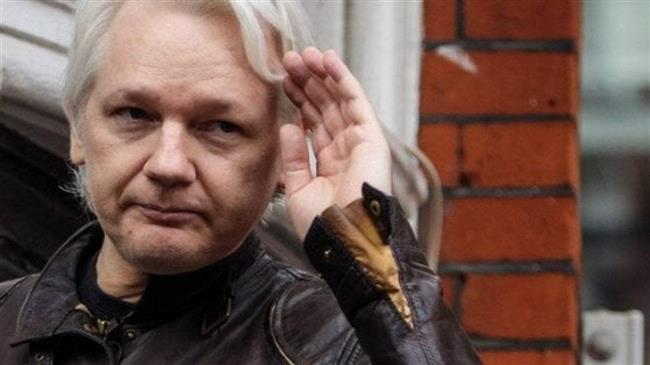






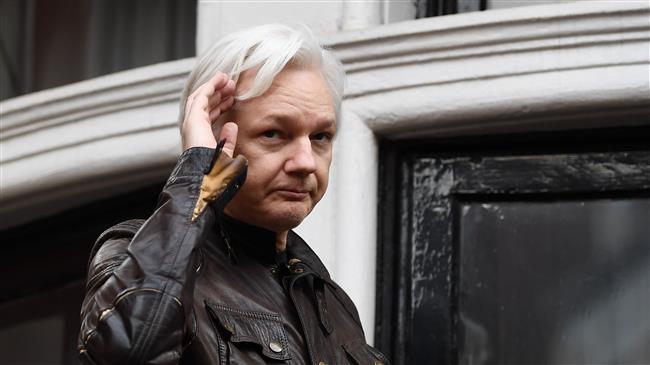
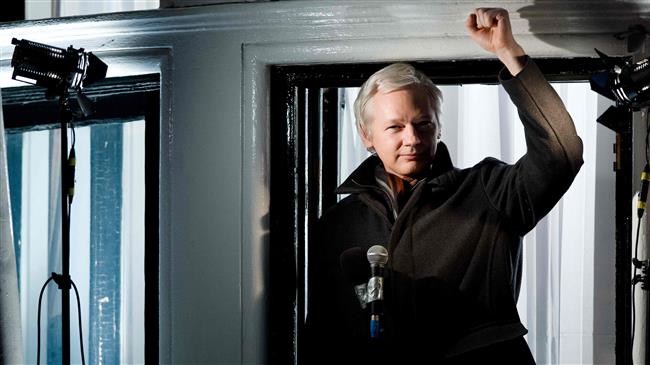
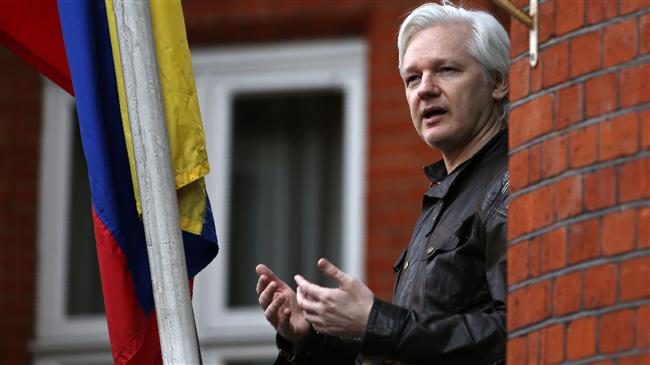
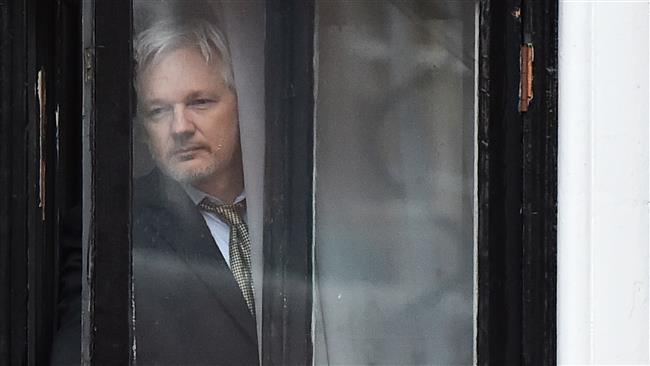

 This makes it easy to access the Press TV website
This makes it easy to access the Press TV website